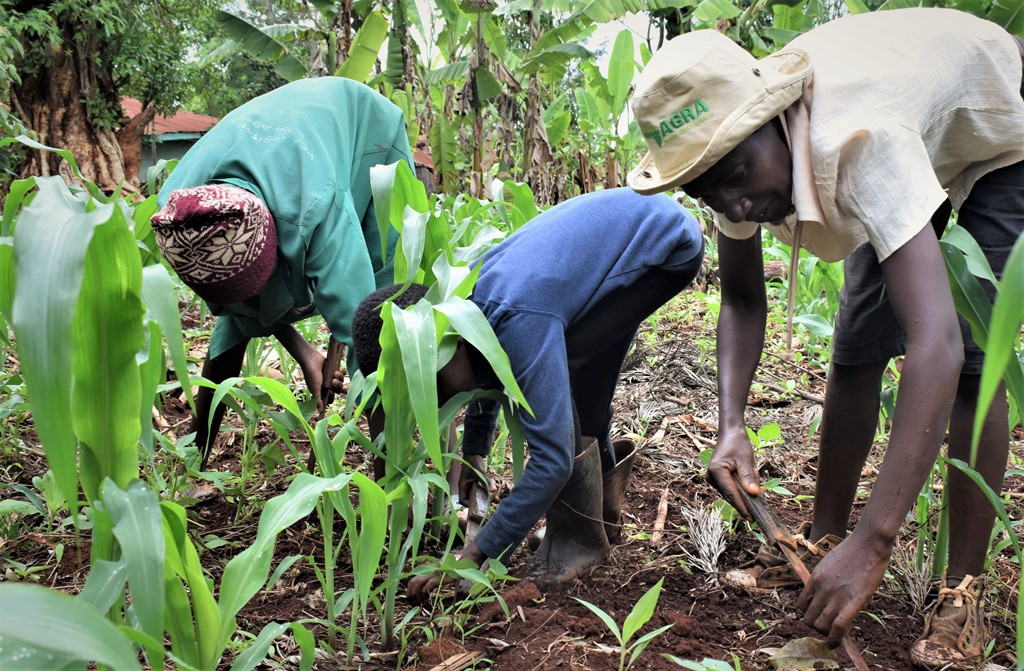Research has revealed that imparting women with skills and knowledge through formal education and participation in informative fora enhances their skills of improving food security at the family and community level.
The research titled Influence of Women Empowerment Projects on The Enhancement of Food Security in Mbeere sub county in Embu County revealed that low levels of education has a negative effect on how women in Mbeere sub-county managed households food security.
The research studied operations by various Non-Governmental Organizations which had pitched tents in Mbeere South and Mbeere North to promote agriculture and food security.
Care Kenya, one of the NGOs under its programme on women and girls empowerment, helped women access and control productive assets which consequently helped them to expand such entities ensuring sustainable livelihoods.
Through the research project, University of Nairobi Project Planning and Management expert Ms. Naomi Nyaki argued that women’s level of education, credit availability and lack of capacity building were partly to blame for poor agricultural development and nutrition.
The research revealed that education remained a key factor in influencing food security, considering that awareness, access to credit and general capacity building were intertwined.
“Most uneducated mothers shun some of their parental responsibilities leading to anti-social behavior among their children,” the research read in part, further pointing out that a wide range of awareness programs should be directed towards women so as to stimulate their participation in efforts to promote and sustain food security.
It went on to add that once fully empowered through education and control of resources, the women would be capable of prioritizing the nutritional development of their families.
“Educated women are capable of starting small enterprises which compete with those established by the menfolk,” the research revealed, further pointing out that women with low education end up being vulnerable to domestic violence and poverty.
The expert noted that the impact on the level of women’s level of education varied in terms of the stage and that certain levels of education also influenced women entrepreneurship skills.
The research found out that those who pursued financial services encouraged by some levels of education developed entrepreneurial skills and were able to handle risks by investing in businesses or funding large expenses such as education.
It also confirmed that the level of women education increased access to credit while focus on building of women capacity enhanced food security
“The level of women education remains the most powerful agent of women empowerment and enhanced food security,” declared the research findings.
Ms. Naomi Nyaki added that the research had ascertained that formal, non-formal and informal education were all important in helping women gain skills to ensure food security.
It also revealed that although women were exposed to many roles in agriculture and food production, recognition of their roles in agriculture production remained limited by their level of education, credit access and level of capacity building toward them.
It stated that despite campaigns to elevate women to a level in which they also had control over agricultural production assets, most resources continued to be controlled by men.
Ms Nyaki noted that doing away with gender inequality, which affects women participation in food production projects, would ensure the women controlled production units and hence help to enhance food security at household level.
It further showed that despite county and national government initiatives to assist women enhance food security, data to show that empowerment activities influenced food production remained limited.
By Robert Nyagah
Get More Stories from our Website Sacco Review Newspaper
You can also follow our social media pages on Facebook Sacco Review Newspaper for timely updates.



